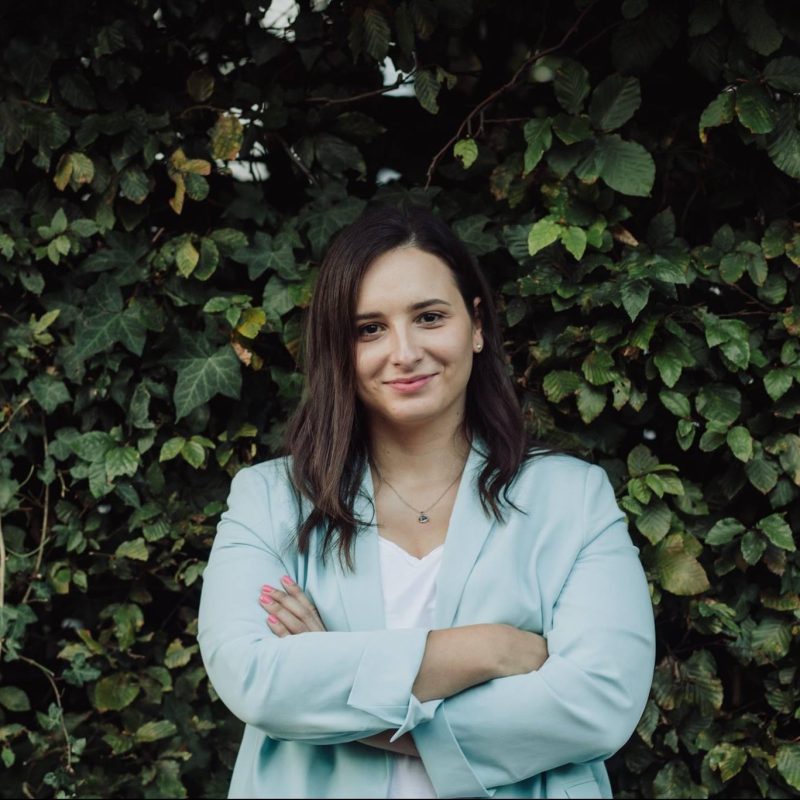Spotify’s VP of HR on working from anywhere
Spotify’s Alexander Westerdahl on how COVID-19 has supercharged HR.
Why You Should Care
Spotify's Alexander Westerdahl on how COVID-19 has supercharged the world of work and talent market by about 20 years.
Why the employee experience is heading towards personalization.
Being able to recreate an office experience online is key — but the technology is currently falling short.
At just 15 years old, Spotify is now home to 7,000 employees across the globe. The Swedish music streaming company, founded by Daniel Ek in 2006, is one of Europe’s most successful companies.
Funded to the tune of $2.6 billion, Spotify is a well-known member of Europe’s tech unicorn club and made headlines across the globe when it IPO’ed in 2018.
In February of this year, Spotify caught the media’s attention when it announced it would allow all employees to work from anywhere (wfa).
This model is linked with the idea that work is not something you go to the office for, it’s something you do. Importantly, Spotify also outlined why effectiveness is not something that can be measured by however many hours people spend in an office.
We caught up with Alexander Westerdahl, Spotify’s VP of HR — one of the masterminds behind the company’s forward-thinking wfa model — to find out how he’s leveraging HR technology, what’s working, and what isn’t.
Why HR is more fearless
HR has been leading the way for the past year, with many businesses relying on the function to get them through the crisis.
As a result, the HR function is having to digitize and embed itself into every single department — ensuring strategic decisions are people-centric — and based on the acknowledgment that employee experience runs across the entire organizational spectrum.
The key question is: has HR become more fearless? Westerdahl thinks so, noting how, throughout his career, he’s had the privilege of working with HR teams who’ve historically taken risks.
“But if I look at us [at Spotify] we have also been braver,” he adds. “We talked about what the future of work would look like for a few years and we had all agreed that flexibility and personalized experience was the right path but we hadn’t been able to define exactly what that would look like.”
For so long, Westerdahl adds, being able to offer employees the opportunity to work where and when it suited them felt “extreme.” Now, and largely thanks to the pandemic, it’s a reality — and Westerdahl notes how Spotify’s wfa is actually bolder than it would have ever been.
Westerdahl also spoke about why he thinks the HR industry is heading towards personalization in the same way that products such as Spotify and Netflix leverage data and machine learning to give users a bespoke content experience.
“Employee experience is going down the same path,” Westerdahl tells UNLEASH.
Taking the office online
With many employees working remotely and organizations embracing the hybrid working model post-pandemic, Westerdahl says the key now will be to ensure technology can replicate the office experience online to allow individuals to communicate, interact, and collaborate in the same way they would do if they were in the same office.
It’s about taking what worked well in the office and bringing those things online — but the technology isn’t quite there yet.
“I’ve seen some interesting prototypes but nothing that works,” Westerdahl says.
Interestingly, and given Reid Hoffman’s recent comments about remote working, Westerdhal notes how these new tech propositions need to successfully bridge the gap between remote and non-remote workers in the hybrid working world.
Sign up to the UNLEASH Newsletter
Get the Editor’s picks of the week delivered straight to your inbox!

Columnist
Former editor of UNLEASH, Yessi is a seasoned tech journalist and regular contributor to Times Radio in the UK.
